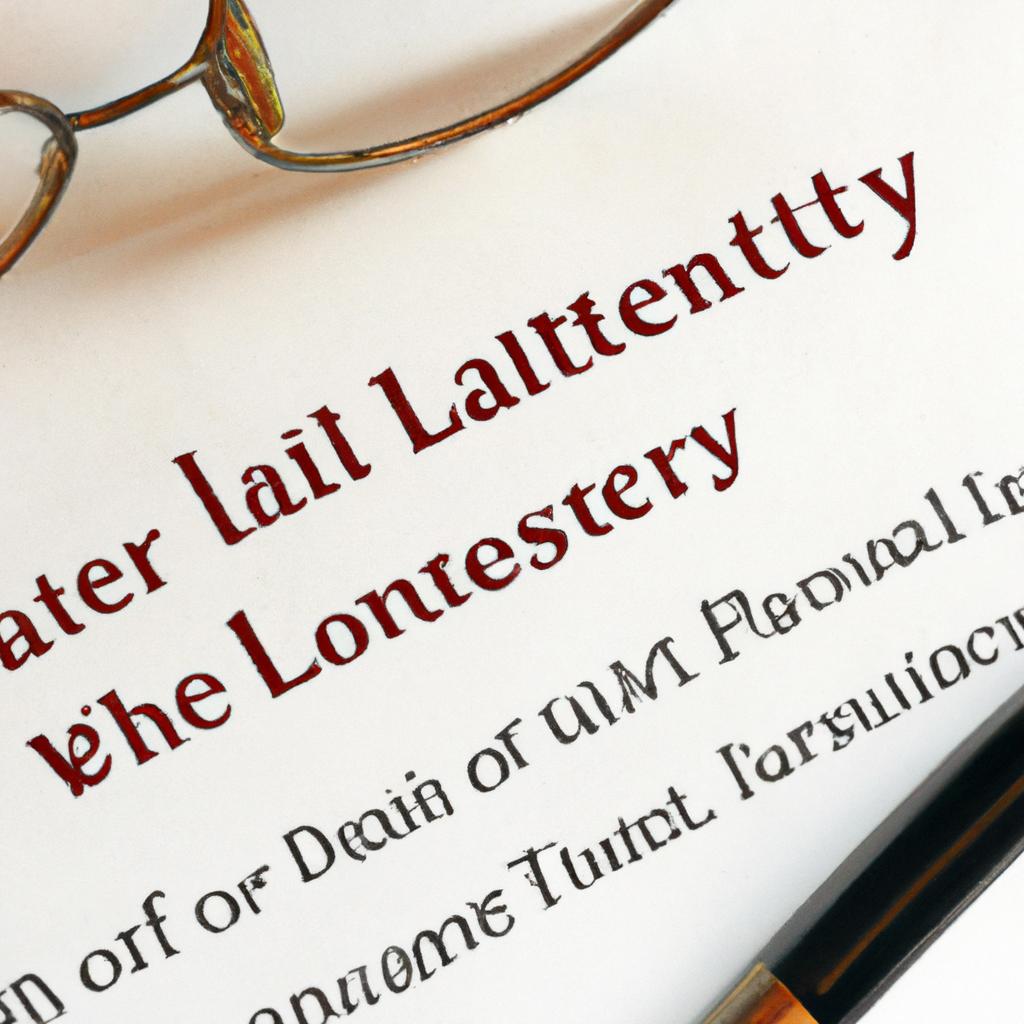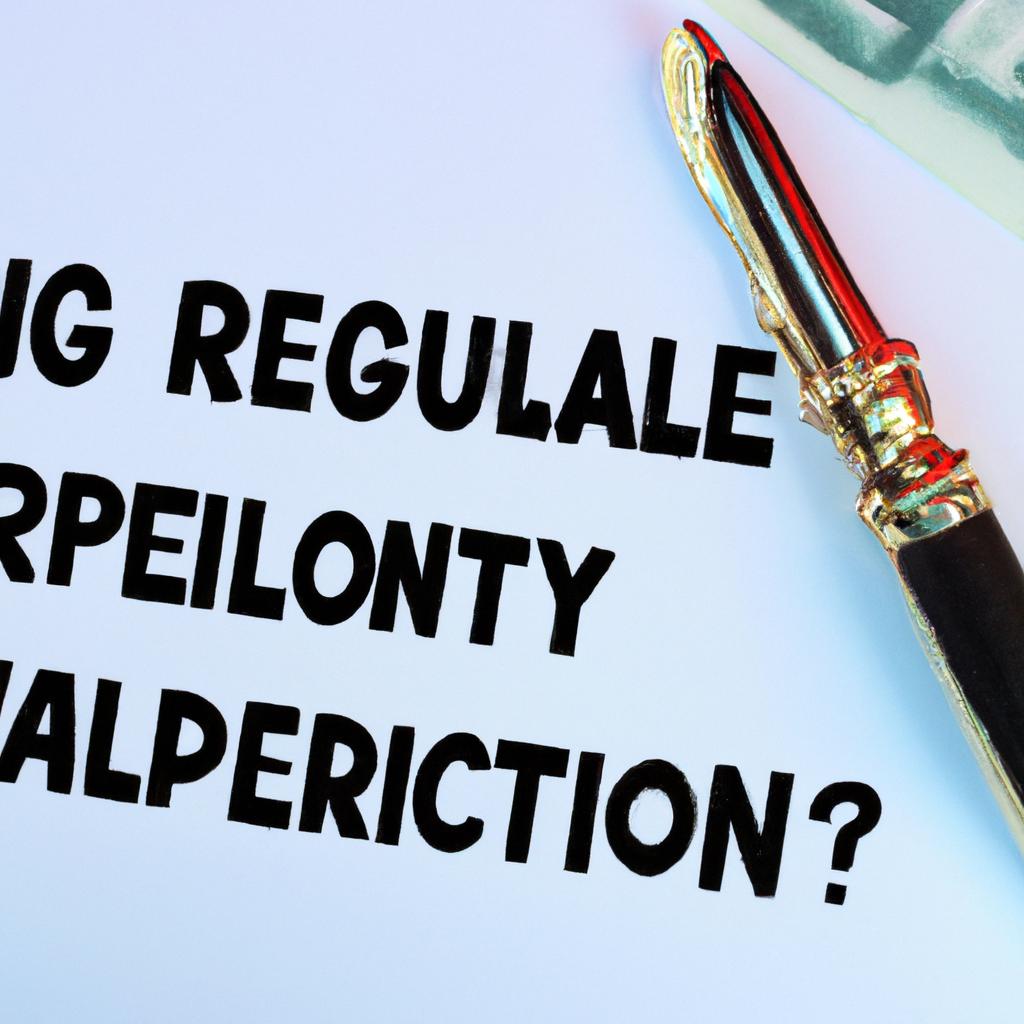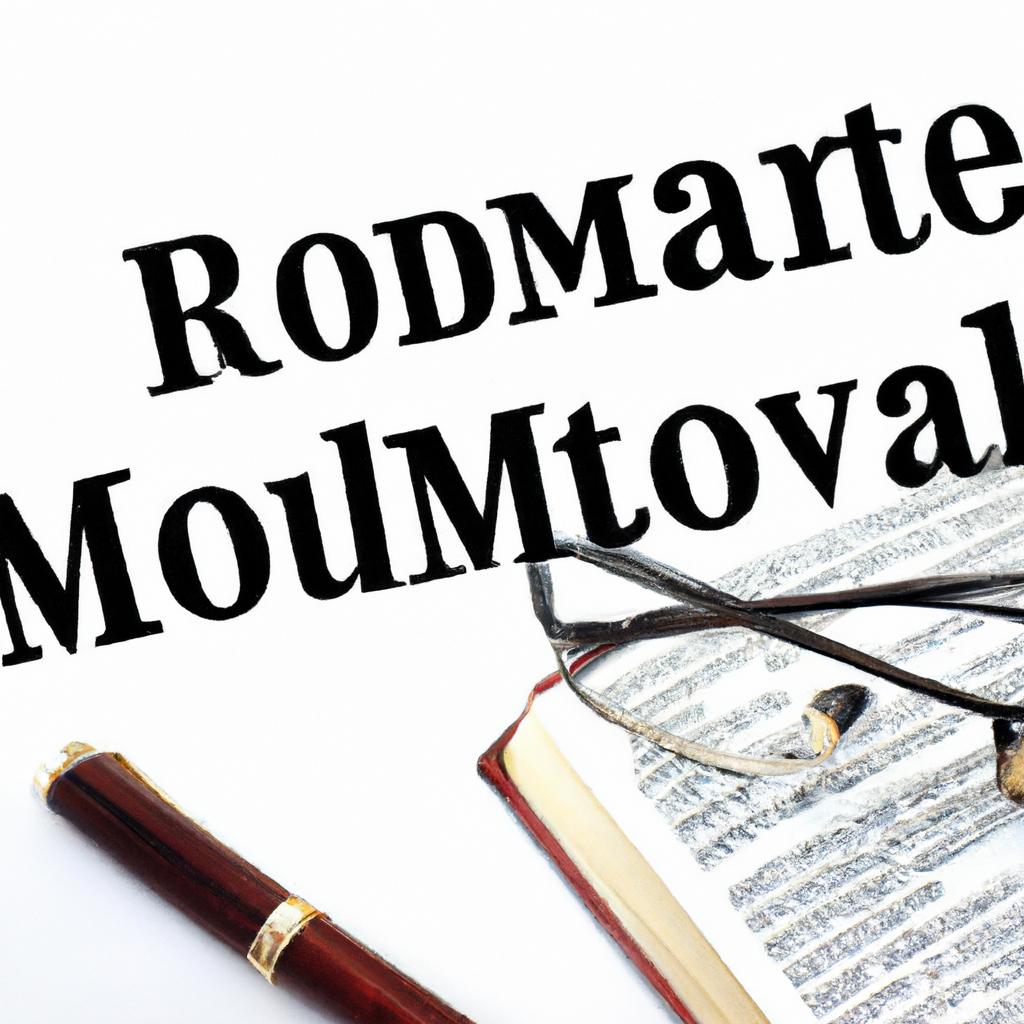In today’s complex legal landscape, the question of whether one can navigate the probate process without the assistance of a lawyer is one that continually arises. As experienced practitioners in estate planning, probate, and elder law, the team at Morgan Legal Group in New York City understands the nuances and challenges of probating a will without legal representation. In this article, we will explore the implications of attempting to probate a will without a lawyer, providing insight and guidance for those considering this path.
Potential Challenges of Probating a Will Without a Lawyer
Probating a will without a lawyer can lead to several potential challenges that could complicate the process and cause unnecessary stress for the executor and beneficiaries. Some of the key challenges that may arise include:
- Lack of Legal Knowledge: Probate laws can be complex and vary by state, making it difficult for individuals without legal training to navigate the process effectively.
- Delays and Errors: Without the guidance of a lawyer, there is a higher risk of procedural errors and delays in the probate process, which can prolong the distribution of assets to beneficiaries.
- Disputes Among Beneficiaries: In the absence of legal counsel, disagreements among beneficiaries regarding the interpretation of the will or distribution of assets may escalate, leading to costly and time-consuming legal battles.
| Challenges | Effects |
|---|---|
| Lack of Legal Knowledge | Increased risk of making legal mistakes |
| Delays and Errors | Procrastination and prolonged distribution |
| Disputes Among Beneficiaries | Legal battles and costly settlements |

Key Considerations Before Deciding to Proceed Without Legal Representation
Before deciding to proceed without legal representation in probating a will, there are several key considerations that should be taken into account:
- Complexity of the estate: **Probating a will can involve various legal procedures and requirements depending on the complexity of the estate. It is essential to assess the complexity of the estate, including the assets, debts, and potential disputes, before deciding to proceed without legal representation.
- Legal knowledge and experience: **Probate laws can be complex and vary from state to state. Without the necessary legal knowledge and experience, individuals may struggle to navigate the probate process effectively, leading to delays, errors, and potential legal consequences.
Additionally, without legal representation, individuals may face challenges in understanding their rights and responsibilities, communicating with creditors, beneficiaries, and other interested parties, and ensuring that all legal requirements are met. In many cases, hiring an experienced probate attorney can help simplify the process, minimize potential risks, and ensure that the estate is settled efficiently and effectively.
| Advantages of Hiring a Probate Attorney | Disadvantages of Proceeding Without Legal Representation |
|---|---|
| Expert legal advice and guidance | Lack of legal knowledge and experience |
| Efficient resolution of the estate | Potential errors and delays in the probate process |
| Minimization of legal risks | Difficulty in communication and understanding legal requirements |

Important Steps to Take When Probating a Will Without an Attorney
When it comes to probating a will without an attorney, it is important to approach the process with caution and attention to detail. While many individuals may choose to navigate this process on their own to save on legal fees, it is crucial to follow the necessary steps to ensure that the probate process is conducted properly. Here are some key steps to consider:
- Evaluate the complexity of the estate: Before proceeding with probate without an attorney, it is essential to assess the complexity of the estate. If the estate is relatively straightforward with no disputes or complications, it may be possible to probate the will without legal representation. However, if there are any issues or disputes among beneficiaries, seeking legal advice is highly recommended.
- Research probate laws in your state: Each state has its own laws and requirements regarding probate. It is crucial to familiarize yourself with the specific probate laws in your state to ensure compliance with all necessary procedures. This research will help you understand the formalities involved in probating a will and prevent any oversights that could delay the process.

Recommendations for Successfully Navigating the Probate Process on Your Own
While it is possible to probate a will without a lawyer, it can be a complex and time-consuming process. Here are some recommendations to help you navigate the probate process effectively:
- Educate Yourself: Take the time to research and understand the probate laws in your state. Familiarize yourself with the necessary paperwork and procedures involved in probating a will.
- Organize Documents: Gather all the necessary documents, including the original will, death certificate, and any other relevant paperwork. Keep them in a safe and easily accessible place.
Q&A
Q: Can I handle probating a will without a lawyer?
A: Yes, it is possible to probate a will without a lawyer, but it can be a complex and time-consuming process.
Q: What are the advantages of probating a will without a lawyer?
A: The main advantage is cost savings, as you will not have to pay legal fees. It also allows you to have greater control over the probate process.
Q: What are the disadvantages of probating a will without a lawyer?
A: The process can be confusing and overwhelming, especially if you are not familiar with probate laws and procedures. There is also a risk of making mistakes that could delay the probate process.
Q: What steps are involved in probating a will without a lawyer?
A: Some of the steps include filing the will with the probate court, notifying beneficiaries and creditors, inventorying and appraising assets, paying debts and taxes, and distributing assets to beneficiaries.
Q: Are there any resources available to help me probate a will without a lawyer?
A: Yes, many probate courts offer self-help resources and forms that you can use to guide you through the probate process. Additionally, there are online guides and books that can provide more information and assistance.
Q: Should I consider hiring a lawyer to help me probate a will?
A: It is recommended to consult with a lawyer if you are unsure about the probate process or if the estate is complex. A lawyer can provide guidance and ensure that the probate process is completed correctly and efficiently.
To Wrap It Up
In conclusion, while it is possible to probate a will without a lawyer, it is important to weigh the risks and complexities involved in navigating the legal process on your own. Seeking guidance from a qualified attorney can provide peace of mind and ensure that the wishes of the deceased are carried out accurately and efficiently. Ultimately, the decision to hire a lawyer for probate matters is a personal one, but it is always wise to seek professional advice when dealing with important legal matters.
 Probate is a legal process that takes place after someone passes away. It involves administering their estate, distributing their assets, and settling any debts or taxes owed. If the deceased person has left behind a valid will, the probate process follows the instructions outlined in the will. However, what happens if there is no will or the will is deemed invalid? Can you probate a will without a lawyer? This is a common question that people have when faced with the task of probating a will.
Probate is a legal process that takes place after someone passes away. It involves administering their estate, distributing their assets, and settling any debts or taxes owed. If the deceased person has left behind a valid will, the probate process follows the instructions outlined in the will. However, what happens if there is no will or the will is deemed invalid? Can you probate a will without a lawyer? This is a common question that people have when faced with the task of probating a will.
In short, the answer is “yes.” You can probate a will without a lawyer. Whether or not it is recommended, however, is a different story. In this article, we will discuss the process of probating a will without a lawyer, its potential drawbacks, and other important factors to consider.
Understanding the Probate Process Without a Lawyer
Probating a will without a lawyer is often referred to as “pro se” or “pro per” probate, meaning that the individual handles the entire process on their own without any legal representation. However, this does not necessarily mean that you are completely on your own. In most states, there are resources available to help guide you through the process.
The probate process begins with filing a petition with the probate court. This petition typically includes information about the deceased person, their assets, and the appointment of an executor or personal representative to administer the estate. Some states may require specific forms to be filled out, while others may have a more informal process.
Once the petition is filed, the court will issue a notice of probate to all interested parties, such as beneficiaries and creditors. This notice provides information about the probate proceedings and gives them the opportunity to raise any objections or make any claims against the estate. This is an important step in the probate process, as it ensures that all parties are aware and have the chance to participate.
After the notice is issued, the executor or personal representative will be responsible for identifying and gathering all of the deceased person’s assets, paying off any debts or taxes owed, and then distributing the remaining assets to the beneficiaries as outlined in the will. They must also file an inventory of the assets with the probate court for record-keeping purposes.
Potential Drawbacks of DIY Probate
While it may be tempting to handle the probate process without a lawyer to save money, there are some potential drawbacks to consider.
1. Time and Effort
Probate can be a time-consuming and complicated process, even for those who are experienced with it. Without the guidance of a lawyer, you may find yourself spending a significant amount of time researching and getting familiar with the legal process and requirements.
2. Legal Knowledge
Probate involves navigating various laws, rules, and regulations. Without the help of an experienced probate attorney, you may not understand all of the legal implications and could make costly mistakes.
3. Emotional Toll
Losing a loved one is already an emotionally taxing experience. Adding the stress of handling a legal process on top of that can be overwhelming. A lawyer can take some of that burden off your shoulders and allow you to focus on healing and grieving.
4. Potential Conflicts
Probate without a lawyer can also lead to potential conflicts among family members and beneficiaries. Without a neutral party to mediate and advise, disagreements can escalate and cause strain on relationships.
Tips for Probating a Will Without a Lawyer
If you are determined to probate a will without a lawyer, there are some important tips that can help make the process smoother.
1. Educate Yourself
As mentioned before, the probate process can be complex, so it is crucial to educate yourself on the laws and requirements in your state. Make use of available resources, such as self-help guides and online materials. It may also be helpful to consult with an attorney for a one-time fee to get a better understanding of the process.
2. Stay Organized
Keeping detailed records and staying organized throughout the probate process is essential. This will not only help you stay on top of deadlines and important dates but also makes it easier to provide information when needed.
3. Seek Professional Advice When Needed
While you may be handling the probate process on your own, it is still crucial to seek professional advice when needed. This could include consulting with an accountant for tax-related matters or seeking guidance from the probate court.
The Bottom Line
Probating a will without a lawyer is possible, but it may not be the best option for everyone. It requires a significant amount of time, effort, and knowledge of the legal process. It may also lead to potential conflicts and mistakes which could be avoided with the help of an experienced probate attorney. Ultimately, the decision to probate a will without a lawyer should be carefully considered and weighed against the potential drawbacks.

